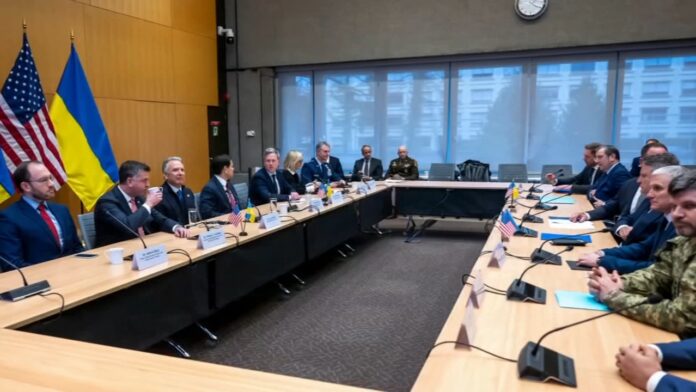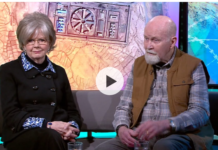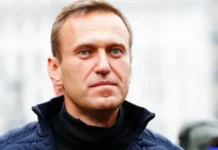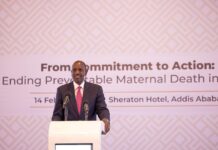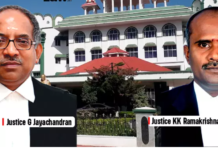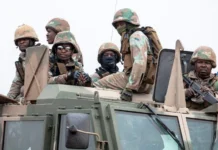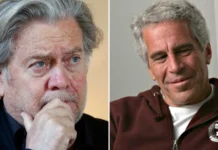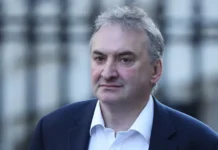Geneva, Switzerland – US and Ukrainian negotiators announced an “updated and refined peace framework” on Sunday following talks, signaling a potential step forward in efforts to end the Russia-Ukraine war. A joint statement described the discussions on a US-backed plan as “highly productive,” with both sides agreeing to continue “intensive” work in the coming days.
US Secretary of State Marco Rubio reported a “tremendous amount of progress” in narrowing down disagreements on the proposed plan. While acknowledging that “still some work” remains, Rubio expressed optimism that a final agreement could be reached “in a very reasonable period of time.”
The positive assessment came amidst a complex backdrop. Just hours earlier, President Donald Trump accused Ukrainian leaders of showing “zero gratitude” for US efforts. He also criticized European nations for continuing to purchase Russian oil, which helps finance Moscow’s war.
The US-drafted peace plan, key details of which have been leaked, contains several controversial provisions that have been met with caution in Kyiv and outright opposition from European allies. The reported terms include:
- Territorial Concessions: Ukrainian forces would withdraw from parts of the eastern Donetsk region they currently control, with international recognition of Russian control over Donetsk, Luhansk, and Crimea.
- Military Restrictions: Ukraine’s military would be capped at 600,000 personnel, a significant reduction from its current size.
- NATO Membership: Ukraine would pledge not to seek NATO membership, instead receiving unspecified “reliable security guarantees.”
- Sanctions Relief: Russia would be “reintegrated into the global economy” through the lifting of sanctions and an invitation to rejoin the G8.
President Volodymyr Zelensky noted there were “signals that President Trump’s team is hearing us,” suggesting Ukrainian concerns are being considered in the refinements.
The plan’s origins have also been a point of contention. A bipartisan group of US senators claimed Secretary Rubio told them the draft was a Russian proposal. Both Rubio and the State Department have forcefully denied this, asserting the US authored the plan with “input” from both sides.
Further complicating the diplomatic landscape, several media outlets reported the existence of an alternative peace plan drafted by European allies, led by the UK, France, and Germany. Secretary Rubio denied any knowledge of such a document.
Any final agreement emerging from the US-Ukraine negotiations would still require the approval of Presidents Trump and Zelensky before being presented to Russia.
By James Kisoo









